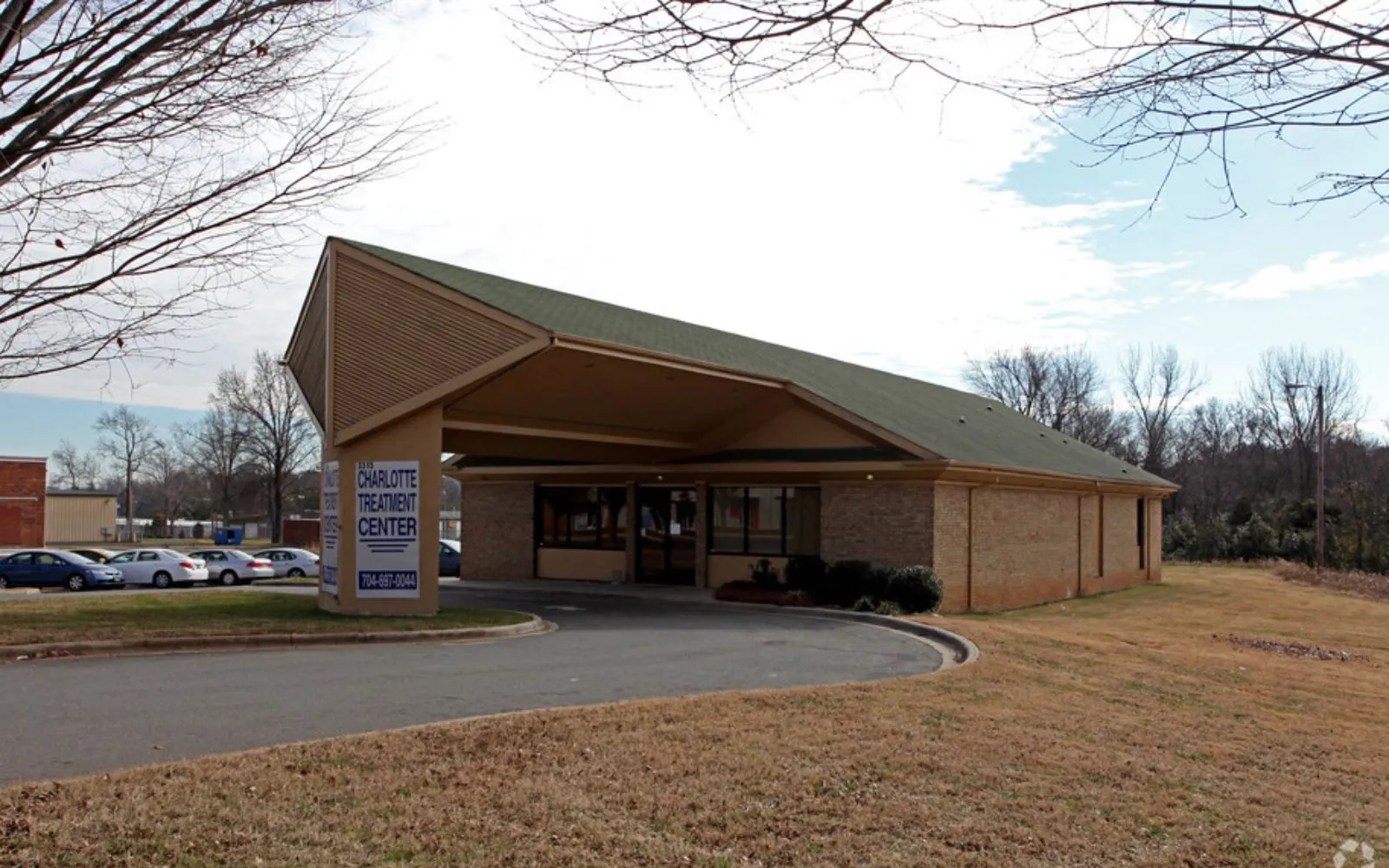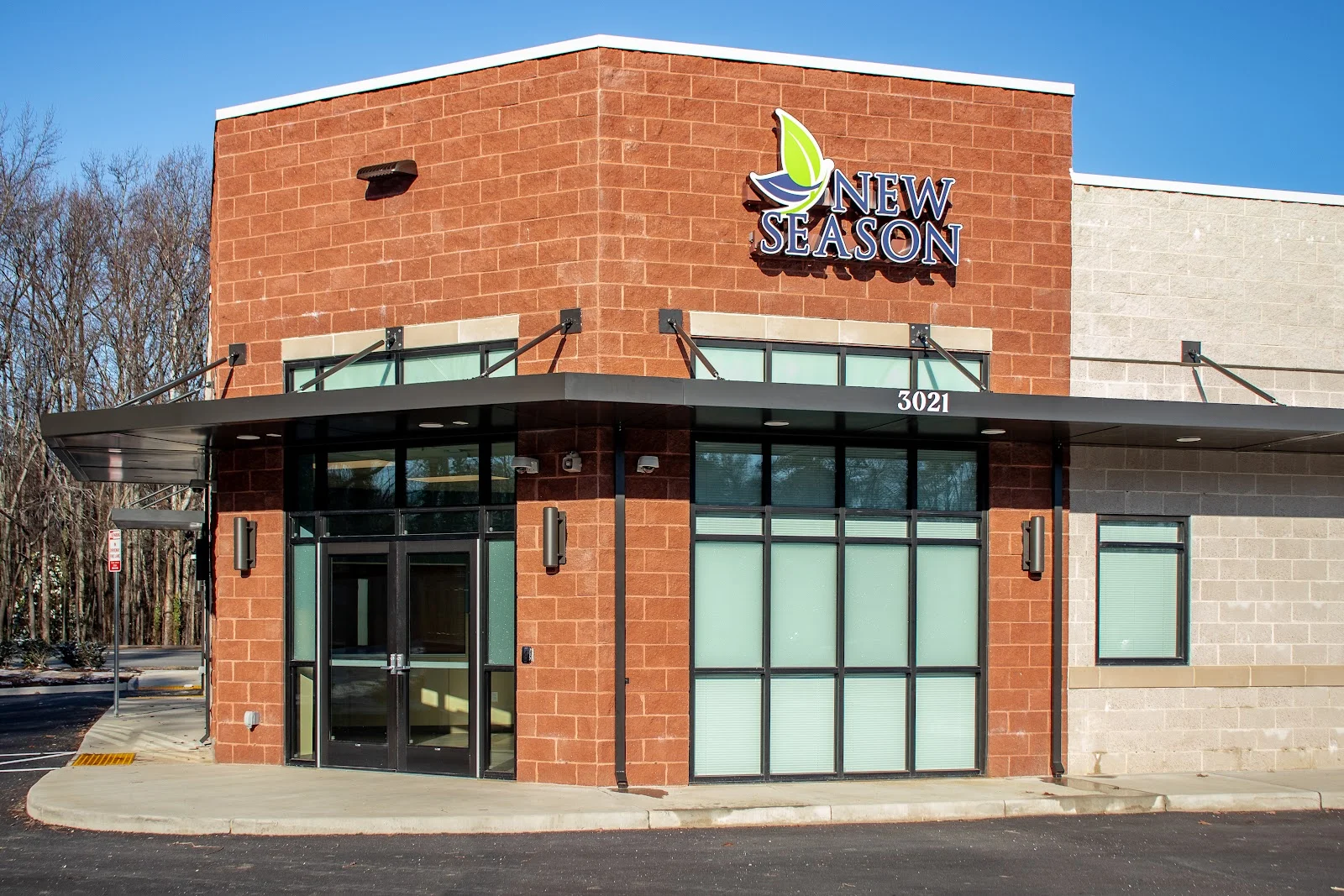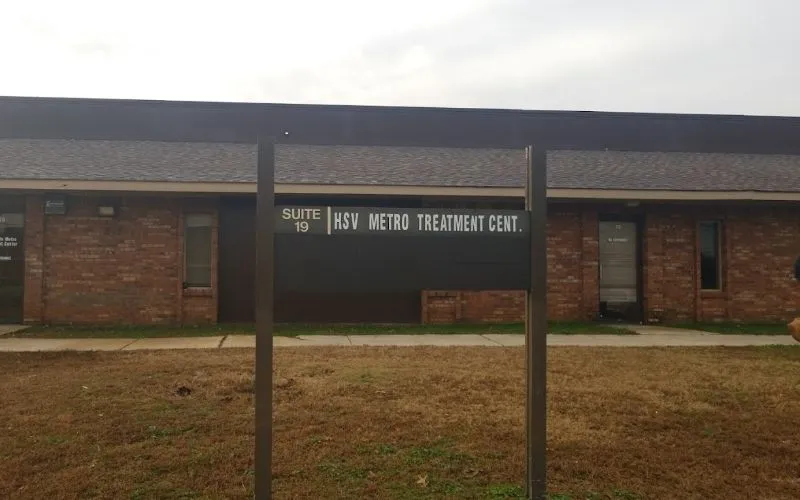New Season - Augusta Metro Treatment Center, situated in Augusta, Georgia, is a specialist in the provision of comprehensive opioid addiction treatment and recovery services for individuals aged 18 and older. The center is dedicated to providing personalized care by a team of opioid addiction professionals who are highly qualified and overseen by a physician. Each patient is provided with a personalized treatment plan that is specifically designed to address their unique recovery requirements, guaranteeing that they receive the most effective care possible.
New Season provides FDA-approved Medication-Assisted Treatment (MAT) detox, which is a fundamental component of the center's opioid addiction treatment strategy. This program provides patients with medical support to commence their recovery journey by safely managing withdrawal symptoms. The center also offers an ambulatory program, which allows patients to continue their treatment while attending to their daily obligations, including work, school, and home care. This adaptability guarantees that patients can pursue recovery without experiencing substantial disruptions to their daily lives.
The therapeutic services offered are intended to address the psychological and emotional aspects of opioid addiction. A comprehensive recovery approach that supports both the patient and their loved ones is provided by therapies such as individual counseling, group therapy, family therapy, and couples counseling. Anger management therapy is also available at the center to assist individuals in the development of healthier coping mechanisms and trauma therapy to assist them in the processing of past emotional wounds. The program includes addiction counseling as a fundamental component, which assists patients in comprehending the underlying causes of their addiction and devising strategies for long-term recovery. The center also provides telehealth therapy services, which enable patients to access care remotely for added convenience. in addition.
As part of its treatment protocol, it conducts routine medical examinations to guarantee the safety and welfare of all patients. Throughout the recovery process, these examinations are essential for the surveillance of the patient's physical health. The Center is a state-licensed facility that is accredited by the Commission on Accreditation of Rehabilitation Facilities (CARF) and the Substance Abuse and Mental Health Services Administration (SAMHSA). This accreditation is indicative of the center's commitment to upholding the most stringent ethical standards and providing exceptional care. New Season offers individuals the necessary tools and support to achieve enduring recovery from opioid addiction through its diverse range of therapies, medical support, and customized treatment programs.
Augusta Metro Treatment Center - New Season Information
Treatment
Who We Treat
- Male and Female
Approaches
- Individual Treatment
- Medical
- Family Therapy
- Group Therapy
- 1-on-1 Counseling
- Medication-Assisted Treatment (MAT)
- Online Therapy
Substances We Treat
- Opioids
Languages
- English
Level of Care
- Outpatient
- Virtual & In-Home Care
Accreditations
-
State department of health
Government agencies issue State Licenses, granting rehabilitation organizations permission to operate their businesses lawfully within specific geographic regions. The specific licenses needed for legal operation are typically determined by the type of rehabilitation program offered by the facility and its physical location.

-
Commission on Accreditation of Rehabilitation Facilities (CARF)
CARF accreditation is a globally recognized certification for rehabilitation and human service organizations. It signifies that an organization meets high-quality standards and is committed to providing top-level care. Achieving CARF accreditation involves a rigorous evaluation process, including on-site surveys. This accreditation enhances an organization's reputation, instills trust in clients and funders, and encourages ongoing excellence in the field.

-
SAMHSA certification for opioid treatment program (OTP)
SAMHSA's Opioid Treatment Programs (OTP) Accreditation is a rigorous recognition process, signaling an OTP's commitment to high-quality care for those with opioid use disorders. It assures patients, families, and the community that the program adheres to evidence-based practices, maintains a safe environment, and employs qualified staff. This accreditation represents a commitment to addressing the opioid epidemic and promoting recovery, symbolizing quality and accountability in opioid addiction treatment.
Additional Locations
Augusta Metro Treatment Center - New Season Accepts The Following Insurance Plans
Find the best treatment options. Call our free and confidential helpline today!

















